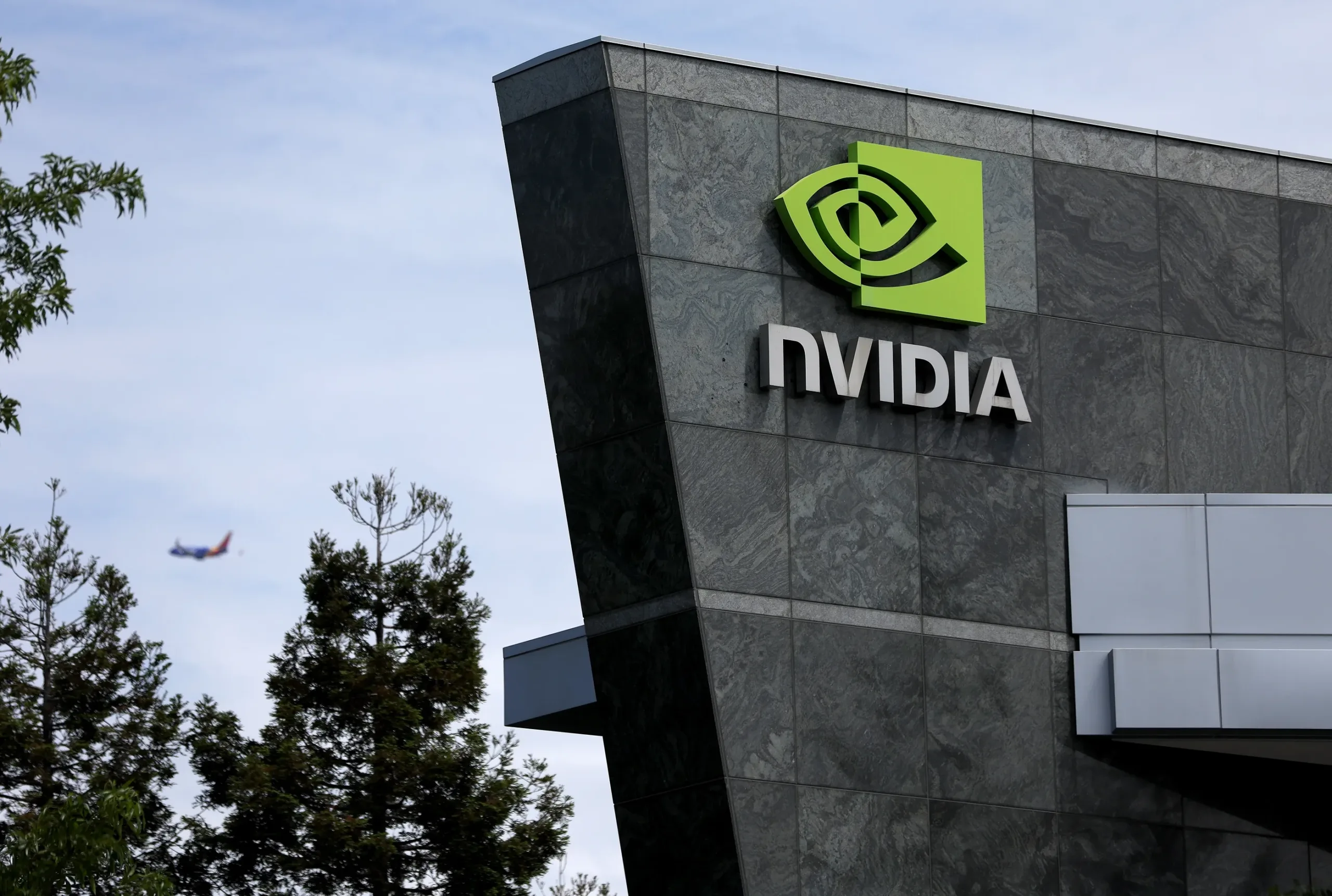|
Getting your Trinity Audio player ready...
|
In a significant development for investors and the tech industry alike, the United States Justice Department (DOJ) and the Securities and Exchange Commission (SEC) are backing a class-action lawsuit against Nvidia, urging the Supreme Court to allow the case to proceed. The lawsuit, initiated by a group of Nvidia investors, accuses the company of misrepresenting its sales figures to cryptocurrency miners—a claim that, if validated, could have serious implications for Nvidia and the broader tech sector.
The Legal Tug-of-War
The legal tussle between Nvidia and the investor group dates back to 2018 when the investors alleged that Nvidia concealed over $1 billion in GPU sales made to crypto miners. They claimed that CEO Jensen Huang downplayed these sales, and that the company’s financial health was propped up by demand from the crypto industry, a situation that became glaringly apparent when Nvidia’s revenues plummeted alongside the cryptocurrency market crash in 2018.
Despite an initial dismissal of the lawsuit, the Ninth Circuit appeals court revived the case last August, setting the stage for the current Supreme Court proceedings. Nvidia responded by petitioning the Supreme Court to reverse this revival, claiming that the investors relied on an expert opinion that allegedly fabricated information about the company’s financial performance.
Government Support for Investor Rights
On October 2, US Solicitor General Elizabeth Prelogar and SEC senior attorney Theodore Weiman filed an amicus brief arguing that the lawsuit contains “sufficient details” to warrant its revival by an appeals court. They emphasized that this case touches upon laws meant to prevent frivolous securities lawsuits, with the DOJ and SEC highlighting their “strong interest” in ensuring that meritorious private actions remain a key complement to government enforcement actions.
The agencies contended that allowing this case to move forward would help protect investors and maintain the integrity of US capital markets. Their brief stated, “Meritorious private actions are an essential supplement to criminal prosecutions and civil enforcement actions,” reiterating the necessity of private enforcement mechanisms in the financial ecosystem.
Strong Rebuttals Against Nvidia
Nvidia’s arguments against the lawsuit have been met with robust rebuttals. The DOJ and SEC pointed out that the investor group has compelling evidence, including testimonies from former Nvidia executives and a Bank of Canada report, indicating that Nvidia may have understated its crypto-related revenue by as much as $1.35 billion.
In a show of solidarity with the investor group, twelve former SEC officials also submitted an amicus brief, asserting that “private enforcement of the federal securities laws is vital to the integrity of US capital markets.” They criticized Nvidia’s stance, suggesting that it would impose unreasonable burdens on investors by requiring access to internal documents before the discovery phase.
As this legal battle unfolds, it could set a precedent for how tech companies disclose their financial dealings, particularly concerning volatile sectors like cryptocurrency. The outcome may influence not only Nvidia’s operational transparency but also impact investor confidence across the tech industry.
Also Read: Nvidia Denies DOJ Subpoena – Stock Bounces 0.46% After $278B Market Loss
The Supreme Court’s decision to entertain this case highlights the evolving intersection of technology and regulatory scrutiny, reinforcing the importance of accountability in the rapidly changing landscape of digital assets. With the stakes higher than ever, the tech world watches closely as the Supreme Court deliberates on whether Nvidia will face renewed scrutiny over its financial disclosures to investors.
In conclusion, the legal showdown between Nvidia and its investors reflects broader themes of accountability and transparency within the tech sector. As both the DOJ and SEC underscore the importance of safeguarding investor rights, the outcome of this case could have far-reaching implications, shaping the future of corporate governance in the age of cryptocurrencies.
Disclaimer: The information in this article is for general purposes only and does not constitute financial advice. The author’s views are personal and may not reflect the views of Chain Affairs. Before making any investment decisions, you should always conduct your own research. Chain Affairs is not responsible for any financial losses.
I’m your translator between the financial Old World and the new frontier of crypto. After a career demystifying economics and markets, I enjoy elucidating crypto – from investment risks to earth-shaking potential. Let’s explore!




